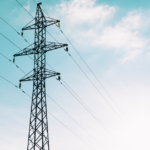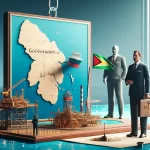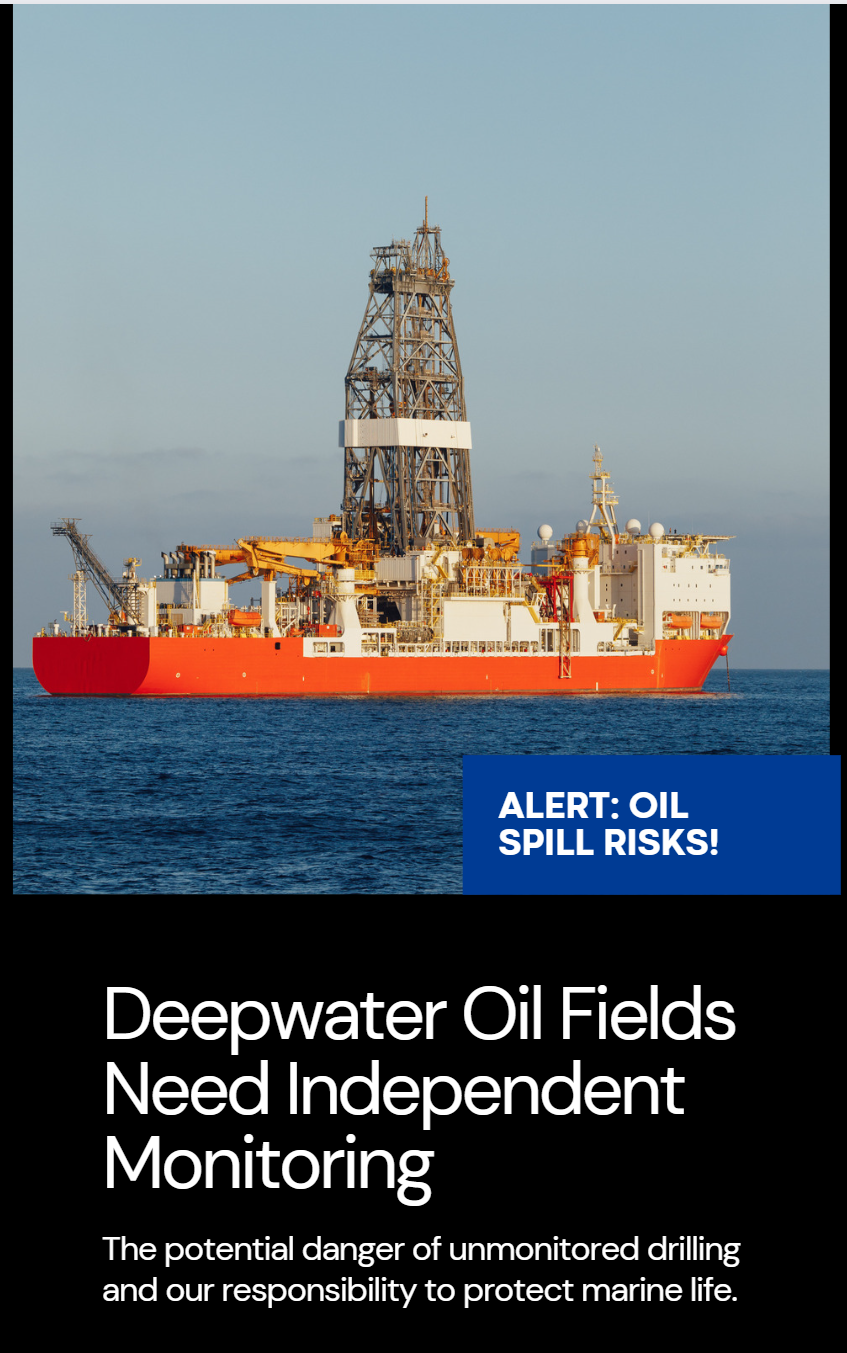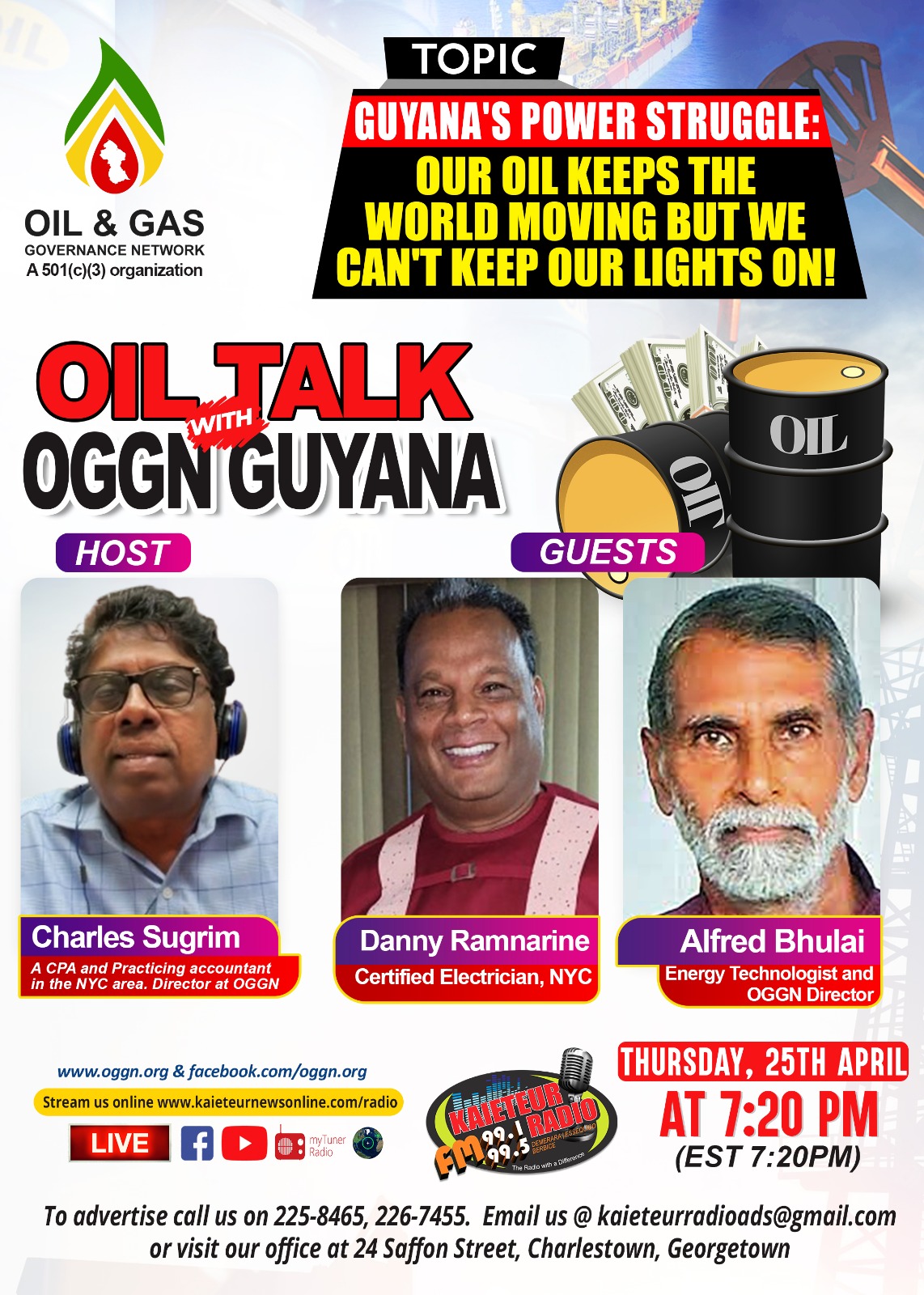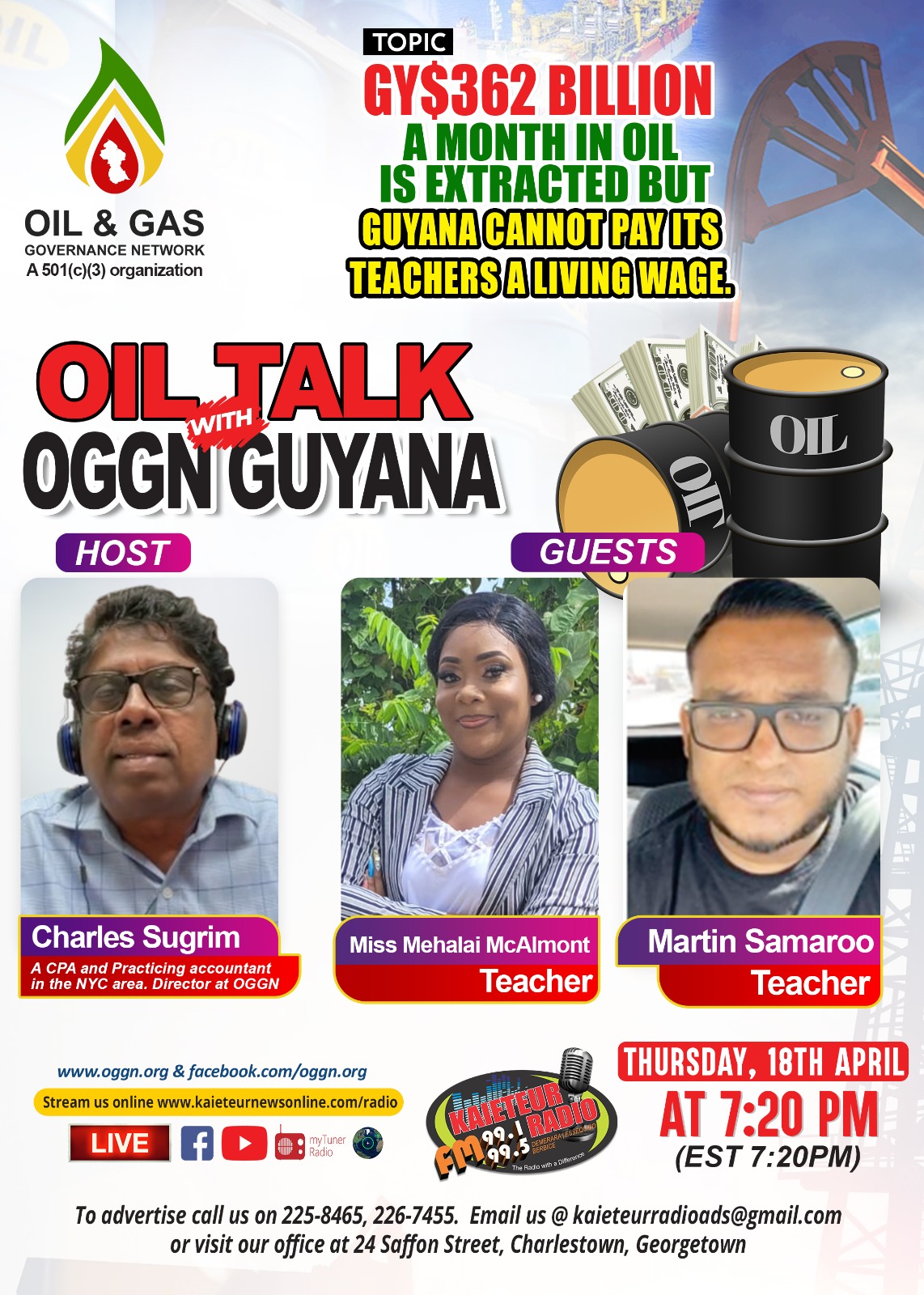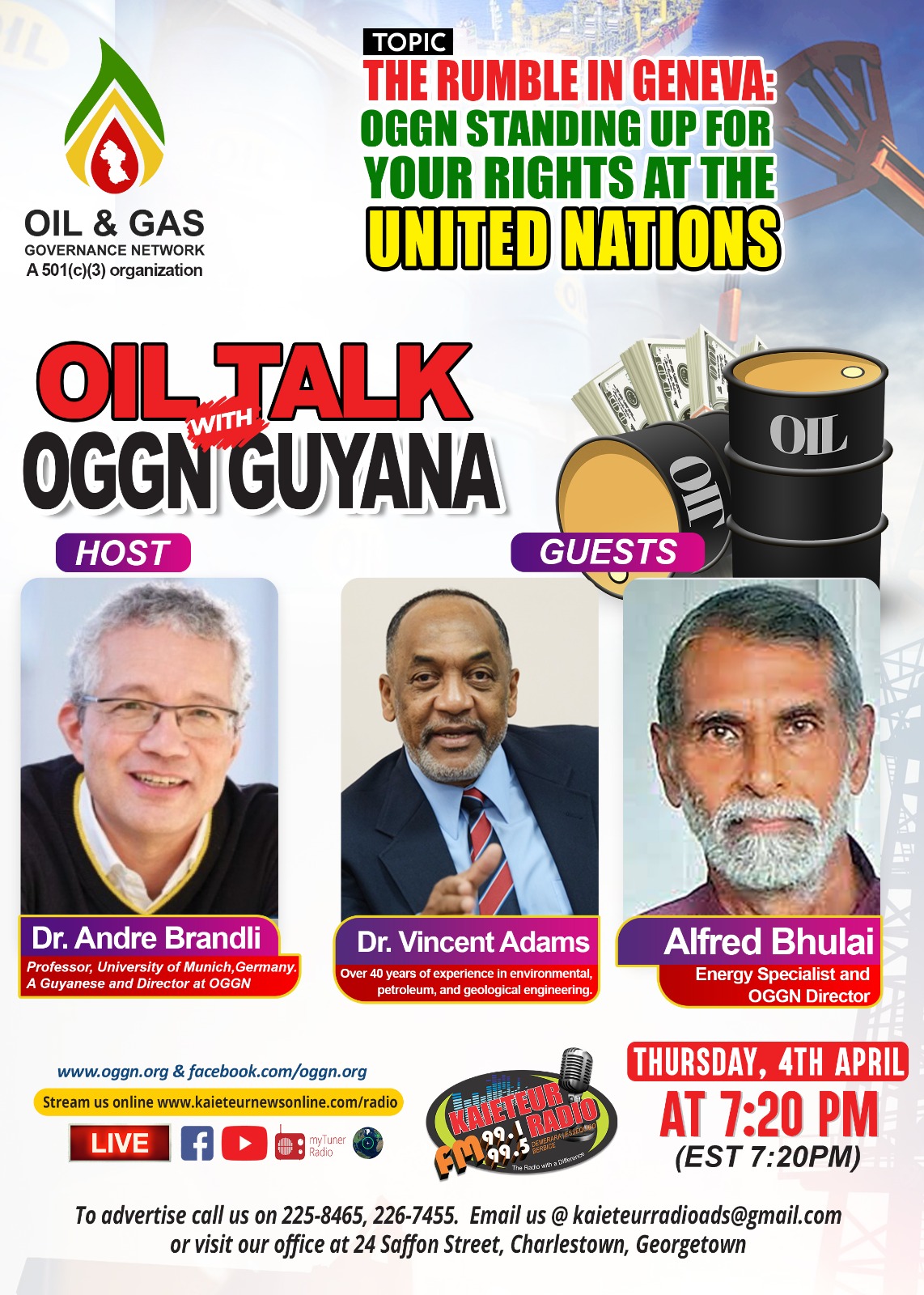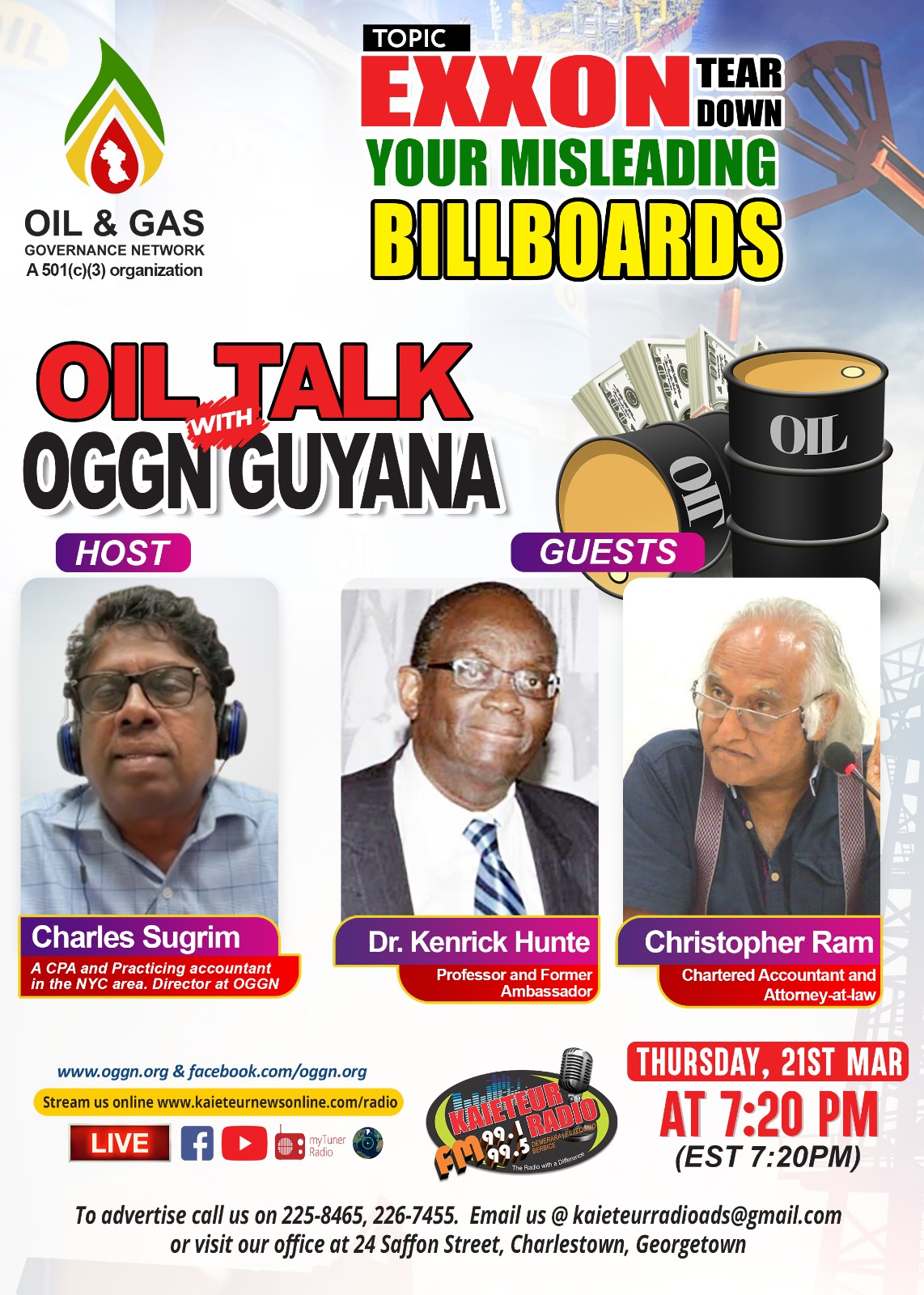Q2: What makes Mr. Bhulai qualified to speak about monitoring the deep water oil fields?
A2: Mr. Bhulai is qualified to speak about monitoring the deep water oil fields because he is a trained chemical engineer. Chemical engineering deals with monitoring the flow of matter, in this case oil and gas. He also used to teach at the University of Guyana and has experience monitoring other extractive industries in Guyana like gold mining.
Q3: What is the difference between monitoring and auditing according to Mr. Bhulai?
A3: According to Mr. Bhulai, monitoring involves getting instruments and people to measure the amounts of oil and gas produced over time. Auditing involves reconciling the measurements and inputs/outputs to make sure nothing is lost or stolen.
Q4: Why does Mr. Collins say the public needs to pay more attention to monitoring oil production?
A4: Mr. Collins says the public needs to pay more attention because oil companies like Exxon don’t like transparency. The public can’t just leave monitoring to politicians, it’s everyone’s duty to oversee management of the country’s resources.
Q5: What anomaly did Mr. Collins mention regarding the number of blocks leased to ExxonMobil?
A5: Mr. Collins mentioned that the government claimed ExxonMobil was leasing 600 blocks, but based on his calculations using the size stated in the agreement, it should only be around 317 blocks leased.
Q6: What incident did Mr. Bhulai describe regarding Omai gold mines limiting access for monitoring?
A6: Mr. Bhulai described how Omai gold mines avoided allowing his university students to visit and monitor operations after he had asked technical questions about their cyanide use at a public hearing. This showed their reluctance to allow monitoring.
Q7: How does lack of monitoring corrupt society according to Mr. Bhulai?
A7: Mr. Bhulai says lack of monitoring allows big companies to get away with fraud. This sets a bad example that corruption is acceptable, impacting all of society.
Q8: What does Mr. Collins say is the only explanation for politicians not negotiating a better oil deal?
A8: Mr. Collins says the only explanation he can think of for why politicians don’t negotiate a better oil deal is because they have been compromised or corrupted in some way.
Q9: What does OGGN propose regarding oil profit sharing that would be easy to monitor?
A9: OGGN proposes taking 55 barrels of oil for Guyana out of every 100 barrels produced. This would give Guyana over $15 billion annually and be simple to monitor.
Q10: Why does ExxonMobil closely monitor oil production according to Mr. Bhulai?
A10: Mr. Bhulai says ExxonMobil closely monitors production to maintain control and prevent accidents that would cost money and reputation. But Guyana is not monitoring to protect its own interests.
Q11: What action does Mr. Collins recommend Guyanese take regarding monitoring oil production?
A11: Mr. Collins recommends Guyanese wake up and realize they should oversee politicians as managers, not kings. Citizens have a right and duty to demand transparency and accountability.
Q12: What does Mr. Collins point out everyone seems to have forgotten regarding ExxonMobil’s expenses?
A12: Mr. Collins points out the 1999 agreement required ExxonMobil to provide an annual budget. But there is no mention of comparing their claimed expenses to any budget.
Q13: What does Mr. Bhulai say is the only thing he knows he can do regarding the oil monitoring issue?
A13: Mr. Bhulai says the only thing he knows he can personally do is try to inform people through his writing so future generations don’t ask what he was doing while Guyana’s resources were ripped off.
Q14: What does Mr. Collins say about Guyana’s education spending vs its ability to negotiate with ExxonMobil?
A14: Mr. Collins says Guyana’s billions spent on education have been wasted because the country still lacks the competence to withstand ExxonMobil’s takeover of its resources.
Q15: Why does Mr. Bhulai say he would have liked more time to discuss access to information issues?
A15: Mr. Bhulai says since it was International Right to Know Day, he would have liked more time to discuss Guyana’s lack of transparency and his difficulties getting information from government agencies.
Q16: What does Mr. Collins say is his final takeaway message about the oil industry issues discussed?
A16: Mr. Collins’ key takeaway is that the petroleum industry has exposed the failure of Guyana’s education system and institutions, leading to the country being taken advantage of despite billions spent.


